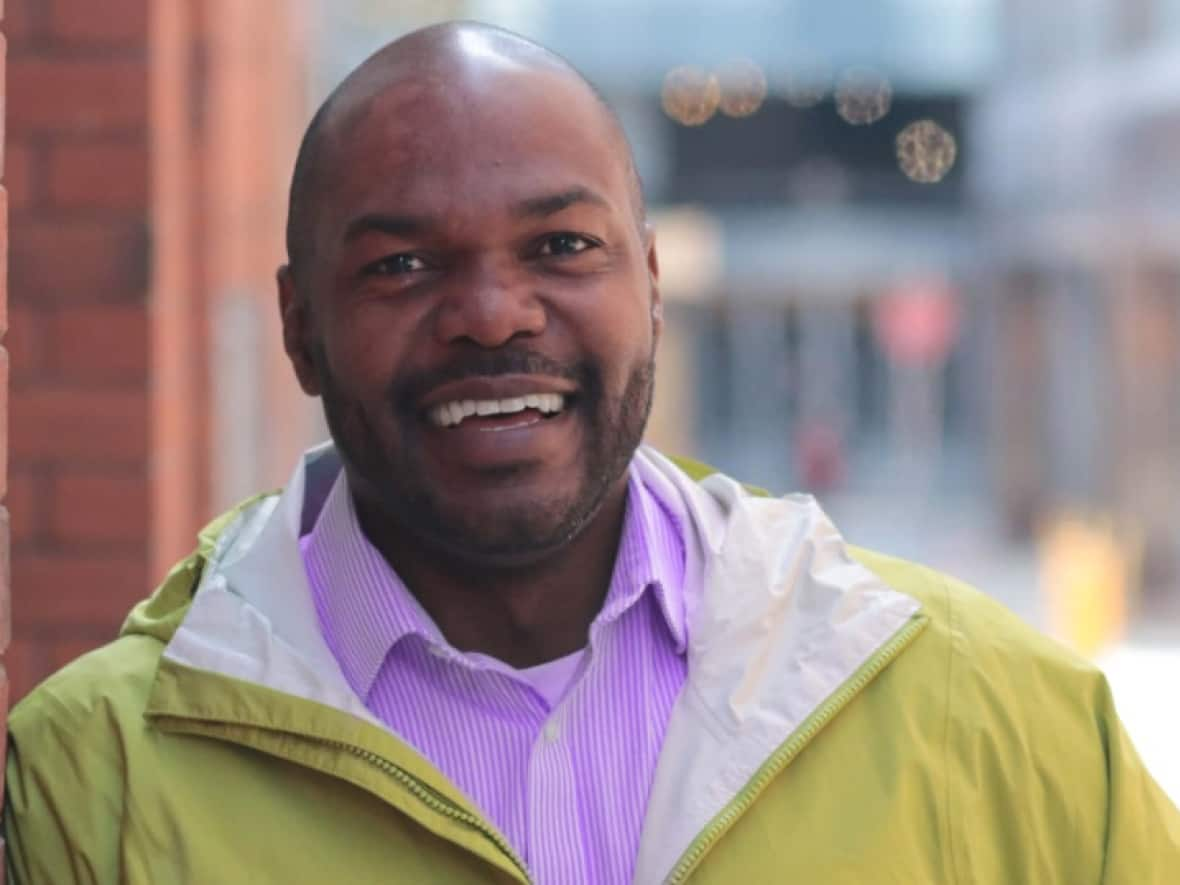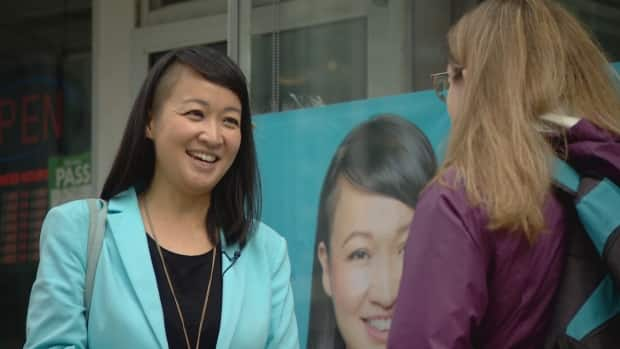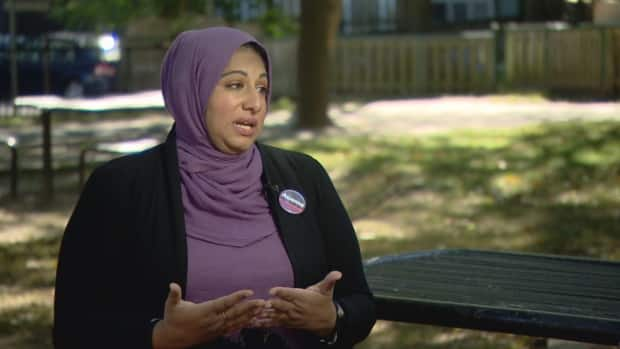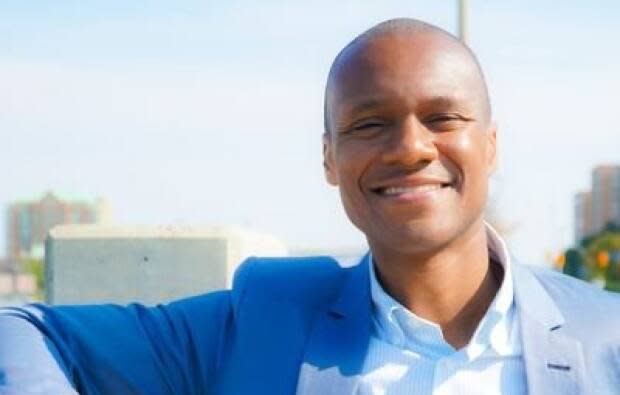Toronto city council will be more diverse when councillors are sworn in. Here are the new faces

Toronto city council will look more diverse when councillors are sworn in next month.
Seven candidates were elected for the first time in Monday's municipal election, while another two are former councillors who were voted in after taking a term off.
Many of the new faces are from Black or other minority communities, making the city's elected officials a bit more representative of the people they serve.
The list of new councillors includes the first hijab-wearing Muslim woman councillor-elect, Ausma Malik, who was elected in Ward 10, Spadina-Fort York, and former Toronto District School Board (TDSB) trustee Chris Moise, a gay Black man who was elected to council Monday night in Ward 13, Toronto Centre.
Amber Morley, a community activist and former city hall staffer, defeated incumbent Mark Grimes in Ward 3, Etobioke-Lakeshore, while corporate lawyer Jamaal Myers, the son of Jamaican immigrants, will replace deceased former councillor Cynthia Lai in Ward 23, Scarborough-North.

Chinese-Canadian Lily Cheng will represent Ward 18, Willowdale, and Alejandra Bravo, whose family immigrated to Canada from Chile in the 1980s, was elected in Ward 9, Davenport.
Jon Burnside, a former police officer, was elected in Ward 16, Don Valley East, while Vincent Crisanti became the first person whose last name isn't Ford to win in Ward 1, Etobicoke North.
More representation means better outcomes, councillors-elect, advocates say
Toronto's council has for decades skewed older, whiter, more affluent and more male when compared to the city's population.
Councillors-elect and advocates say the diversity of life experiences many of the new candidates bring will benefit the next council by giving traditionally marginalized communities representation and bringing new perspectives to policy debates.
"It means that more of us can see ourselves in the leadership of this city," Malik said in an interview on CBC Radio's Metro Morning on Tuesday.

"When we bring our backgrounds, when we bring our experiences to the table, there's a lot that we can do."
Morley, who pulled off the biggest upset of the election by unseating Grimes, agreed with that sentiment.
"I think having a wider lens on lived experience around the table at council is going to get us to better policy outcomes for people and hopefully better decision making as it relates to where we're investing our valuable dollars and resources," she said on Metro Morning on Tuesday.
Progress Toronto, a left-leaning non-profit advocacy group, worked during the campaign to elect many of the new councillors. Of the nine council candidates it endorsed as "progressive champions," five were elected Monday: Bravo, Malik, Moise, Morley, and Myers.
Saman Tabasinejad, Progress Toronto's organizing director, said she hopes this new slate of candidates will "light a fire" under city council and spur more aggressive action on affordable housing, public transit, road safety and climate change.

"Traditionally at city hall, it's white male city councillors who are mostly property owners ... and people who have frankly at some point become out of touch with the reality of how Torontonians feel and how they're experiencing every day how unaffordable this city is," she said.
"That is a perspective that all these candidates will bring and and they'll be motivated to solve those issues."
Black community sees boost in representation
Toronto's Black community will see a major boost in representation on the next council.
During the last term, Michael Thompson was the lone Black councillor, but he will be joined by three others when the new council is sworn in on Nov. 15.
Velma Morgan, chair of Operation Black Vote Canada, said more councillors from her community will make a difference.
"Having several of us that represent different lived experiences, different age groups, different ethnicities within the Black community will just better serve the needs of our community," Morgan said.
Morgan said more Black people being elected shows the effectiveness of organizations like hers, which runs training and workshops in an effort to get more Black Canadians elected to public office at all three levels of government.
But despite these gains, one expert is warning that there's still a lot of work to be done before governments are truly representative of the communities they serve.
"This is a celebration of small victories," said Erin Tolley, a Carleton University professor and Canada research chair in gender, race and inclusive politics.
"It shouldn't distract us from the reality there's still a lot of underrepresentation in elected bodies."


